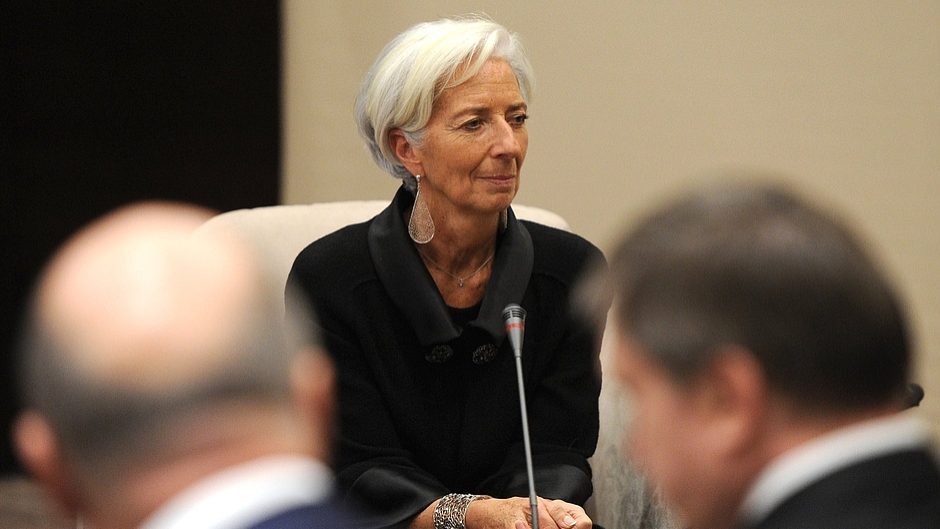CJEU ruling: national supervisory authorities may challenge banking professional secrecy
The CJEU decided national supervisory bodies might now disclose information covered by professional secrecy in order to safeguard the rights of the defence or for civil and commercial proceedings.
The press release from the CJEU starts off saying that “it is for the competent national authorities and courts to weigh up the opposing interests of the parties” when it comes to the decision of disclosing confidential information.
However, the European Court of Justice has decided in favour of the European citizens, and in case they need information to be revealed from banking institutions, in civil or commercial proceedings, the national authorities will be able to waive the secrecy rule.
Two cases have caused CJEU’s decision, which the press release also refers to. One case was a Luxembourgish financial fraud case and a citizen’s request for documentation that could prove his innocence; another one referred to an Italian citizen trying to gather documentation against a bankrupt credit institution that allegedly took his money. In both cases, national courts could not decide and sent the ruling for the European justice court, which decided that the national financial authorities should be given the ability to waver the rule of secrecy if they decide the rights of the citizens have priority in a given case.
The issue got to the Portuguese newspapers because of those who owe large amounts of money to the banking system in Portugal. The Parliament approved the ruling in May after PCP presented it to the delegates.
In the ruling, the Bank of Portugal (BdP) was given the order of making that type of information available in situations of credit default superior to two million euros, applicable to all banks that have received public funding or to those which have been targeted by resolution measures since 2006.
BdP’s governor, Carlos Costa, stated that the information regarding the biggest debtors could not be made public, refering that the current legislation does not allow for making a list of debtors public.
He asked the Parliament to weigh the costs and benefits such a decision could have, claiming that “european legislation should be respected, as well as all regulations from the supervisory body of the ECB, the SSM”. He also noted in May that the current Portuguese legislation does not allow for differentiations to be made regarding the typology of the banking institution, meaning that it isn’t correct to assume that CGD’s private information should be accessible because of its status as a public bank.




